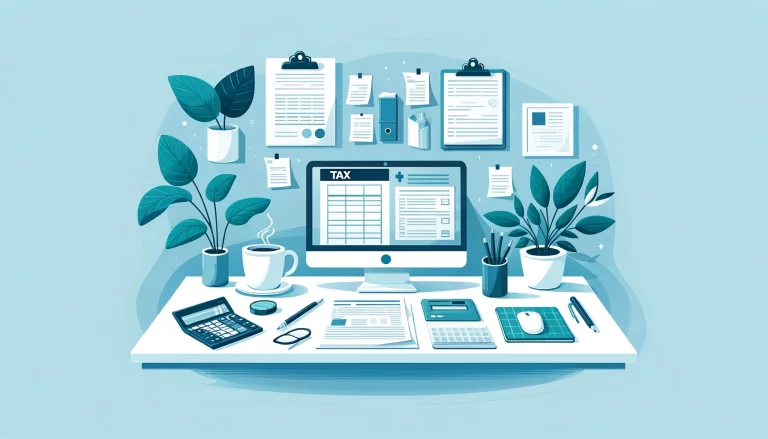Doing taxes can seem hard. But it’s a chance to take control of your money situation and potentially get a large refund. With some planning and care, you can maximize your tax refund and set yourself up for financial success long-term.
Understand What You Qualify For
The first step is knowing what deductions, credits, and benefits you may be eligible for based on your:
- Income
- Expenses
- Life situation
Common deductions and credits include:
- Charitable donations
- Student loan interest paid
- Retirement contributions
- Childcare expenses
- Earned Income Tax Credit
- Child Tax Credit
Learning about these can significantly lower your taxable income and increase your refund. Check out the IRS guide on tax credits and deductions.
Keep Good Records Organized
Maintaining accurate financial records year-round is crucial. Track things like:
- All income sources
- Expenses
- Charitable gifts
- Other money details
Use apps or software like TurboTax or H&R Block to stay organized. Keep receipts and documents needed to claim deductions.
Contribute to Retirement Accounts
Contributing to 401(k)s and IRAs helps prepare for the future and provides tax benefits now. These contributions reduce your taxable income, potentially boosting your refund.
If you haven’t already, consider making contributions before the tax deadline. This maximizes your refund while investing in long-term security. See IRS retirement topics.
Get Professional Tax Help
While understanding your tax situation helps, working with a qualified tax professional can make a big difference. An expert can:
- Guide you through tax complexities
- Identify deductions/credits you missed
- Ensure you get the maximum legal refund
Find preparers through the IRS Directory.
Have a Plan for Your Refund
Once you get your refund, plan how to use it wisely. Instead of just spending it, consider:
- Paying off high-interest debt
- Building an emergency fund
- Investing for goals like education
The Consumer Financial Protection Bureau offers advice on financial planning.
Being mindful about maximizing your tax refund can set you up for greater long-term financial well-being and peace of mind.
Q&A
Q: When is the tax filing deadline? A: The deadline is typically April 15th each year, unless that date falls on a weekend/holiday (it’s then moved to the next business day).
Q: How do I check if I qualify for the Earned Income Tax Credit? A: Use the IRS EITC Assistant to see if your income and family situation makes you eligible.
Q: Should I itemize or take the standard deduction? A: Itemize if your allowable deductions (mortgage interest, donations, etc.) exceed the standard deduction for your filing status. Software or a tax pro can help determine the better option.
Remember, ongoing tax planning throughout the year makes filing easier and maximizes your refund.



[…] retirement accounts such as a 401(k) or an IRA to take advantage of compound interest and tax benefits. It’s also important to prioritize debt repayment to free up more money for saving and […]